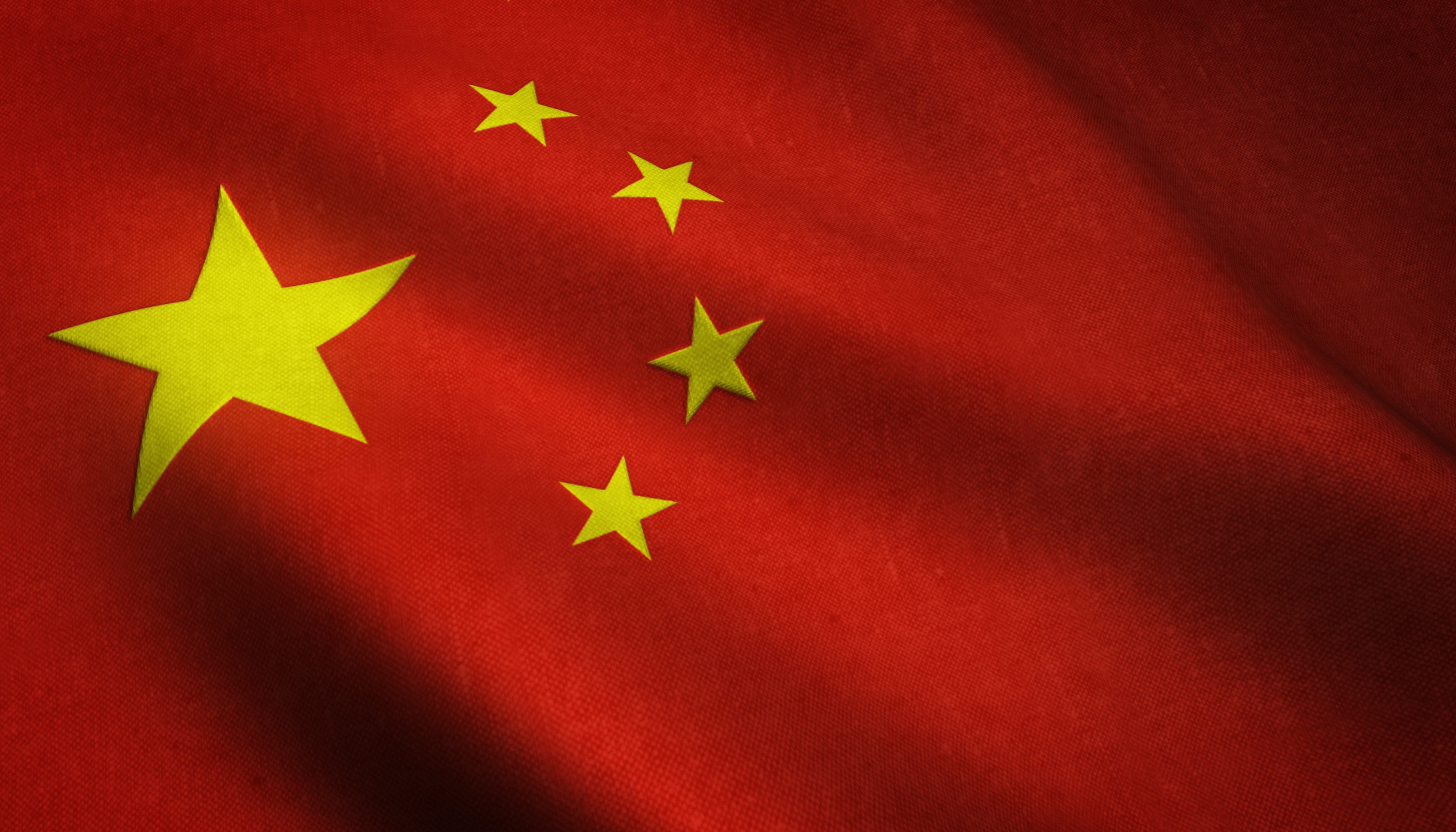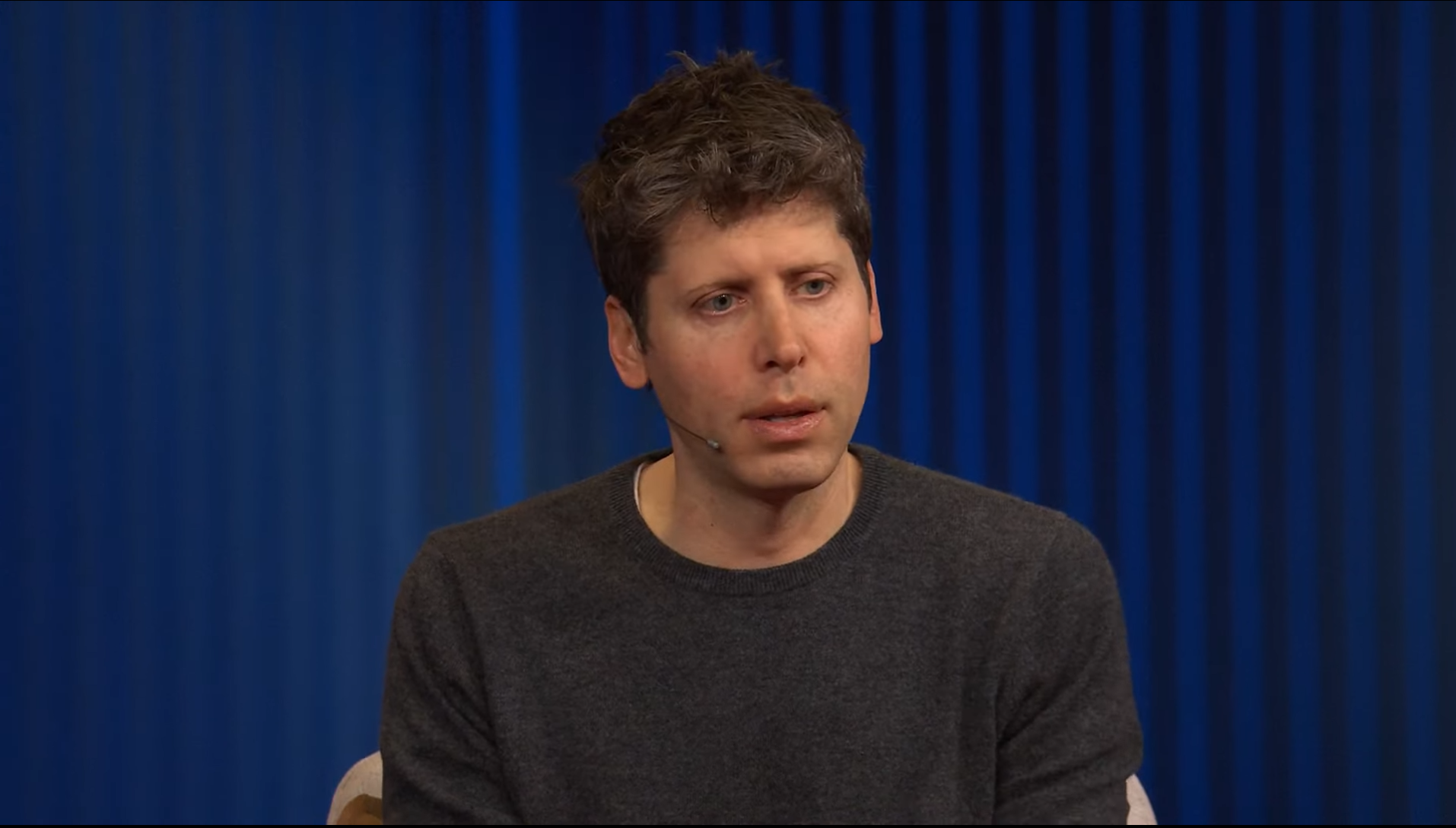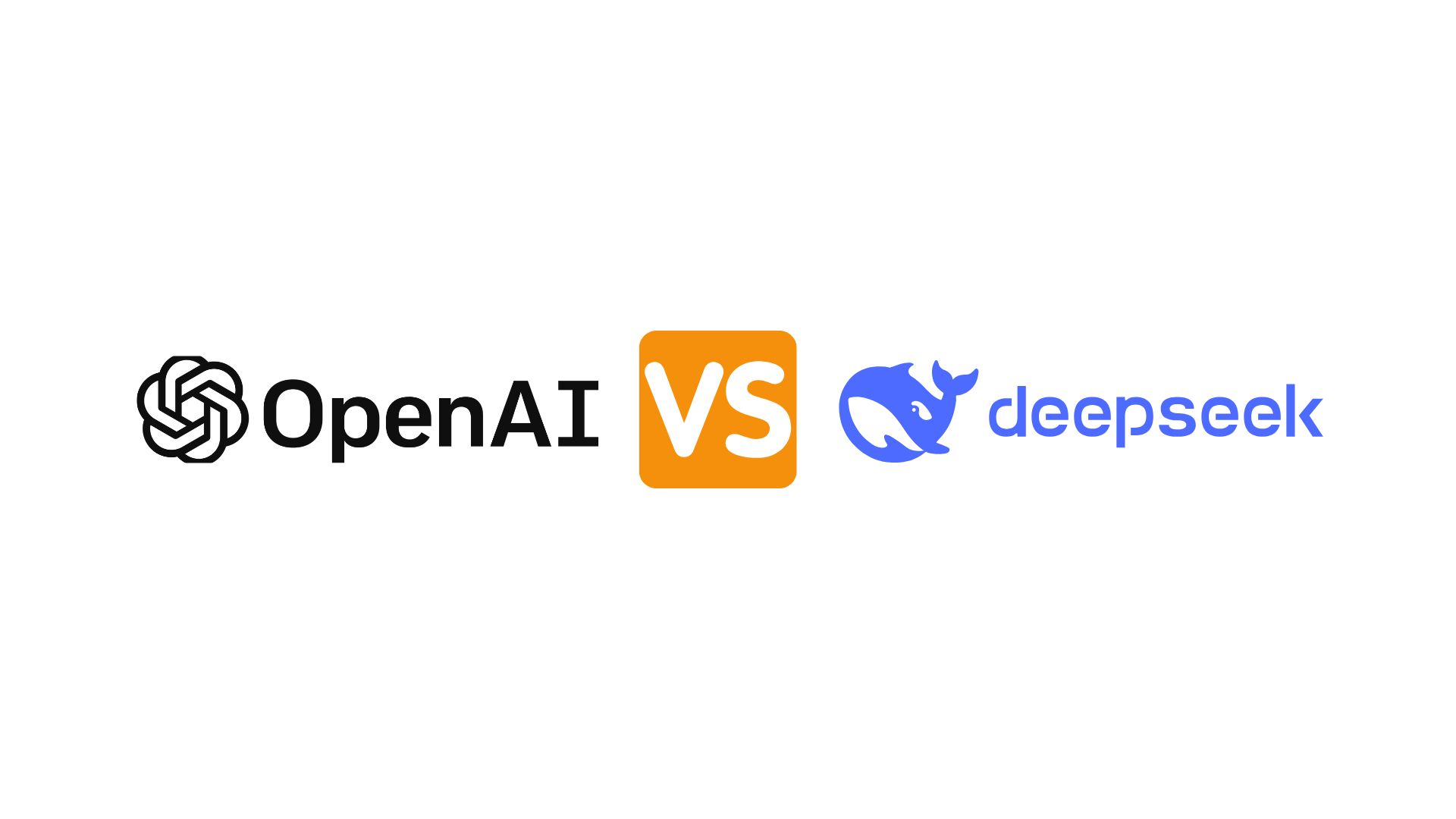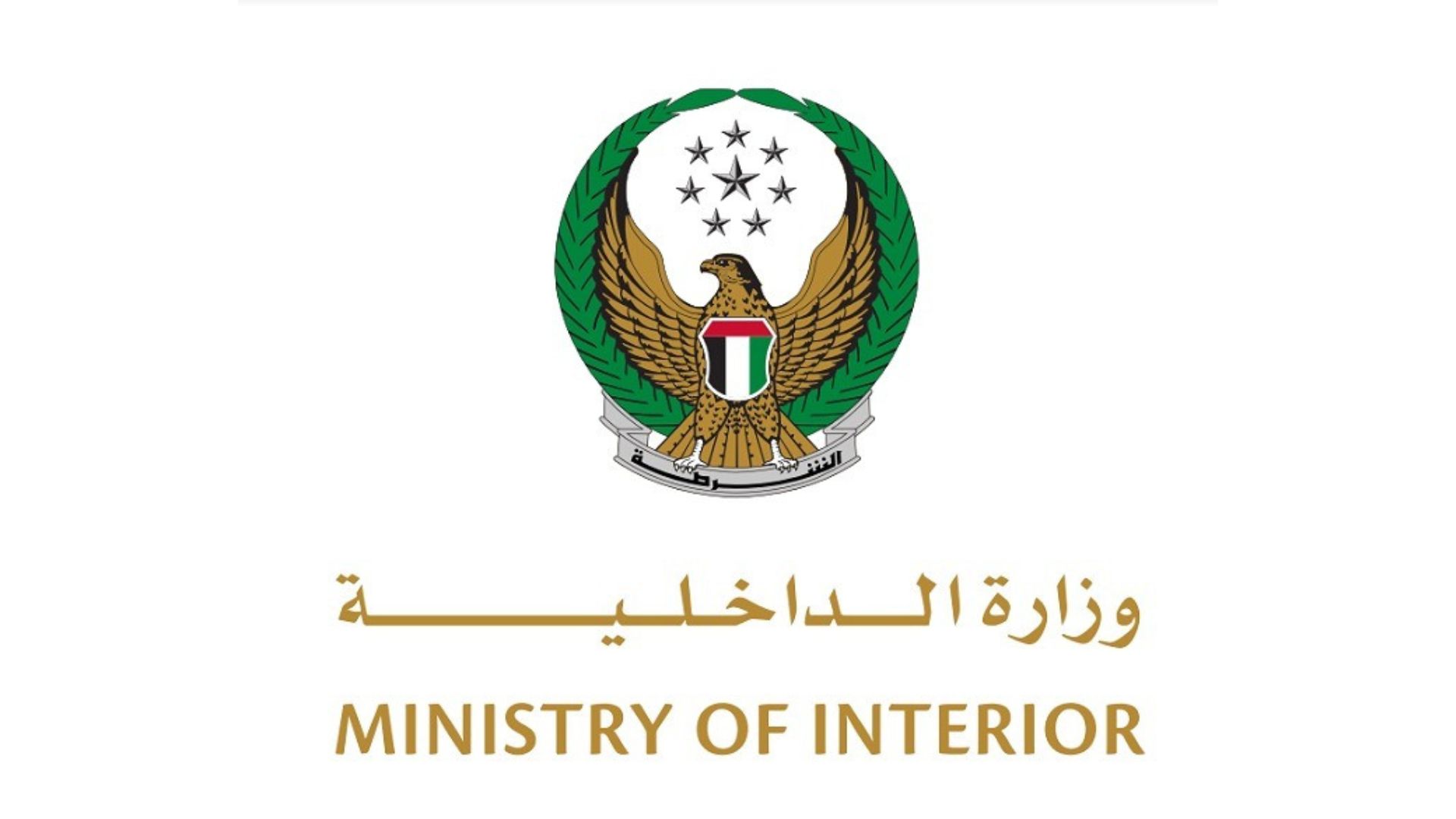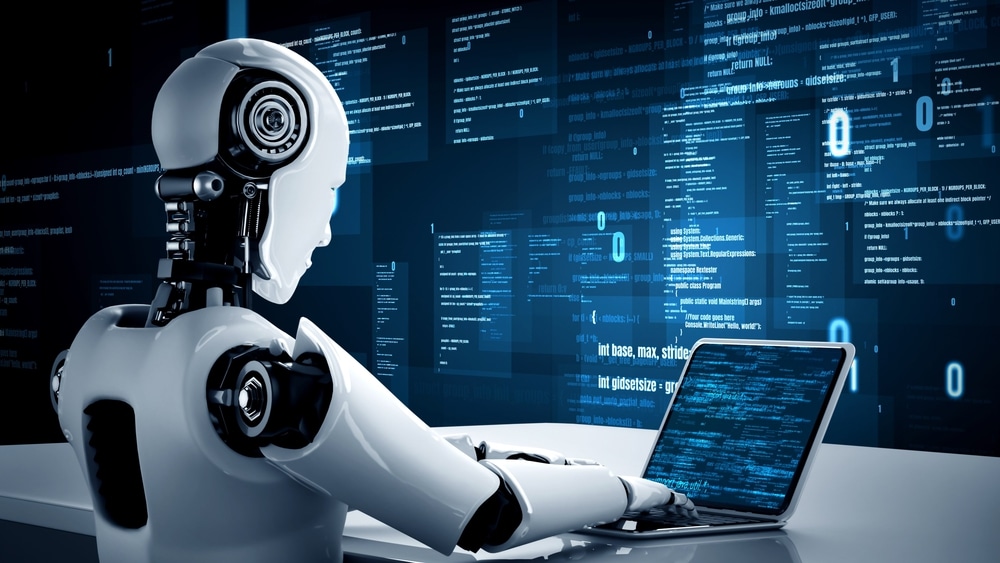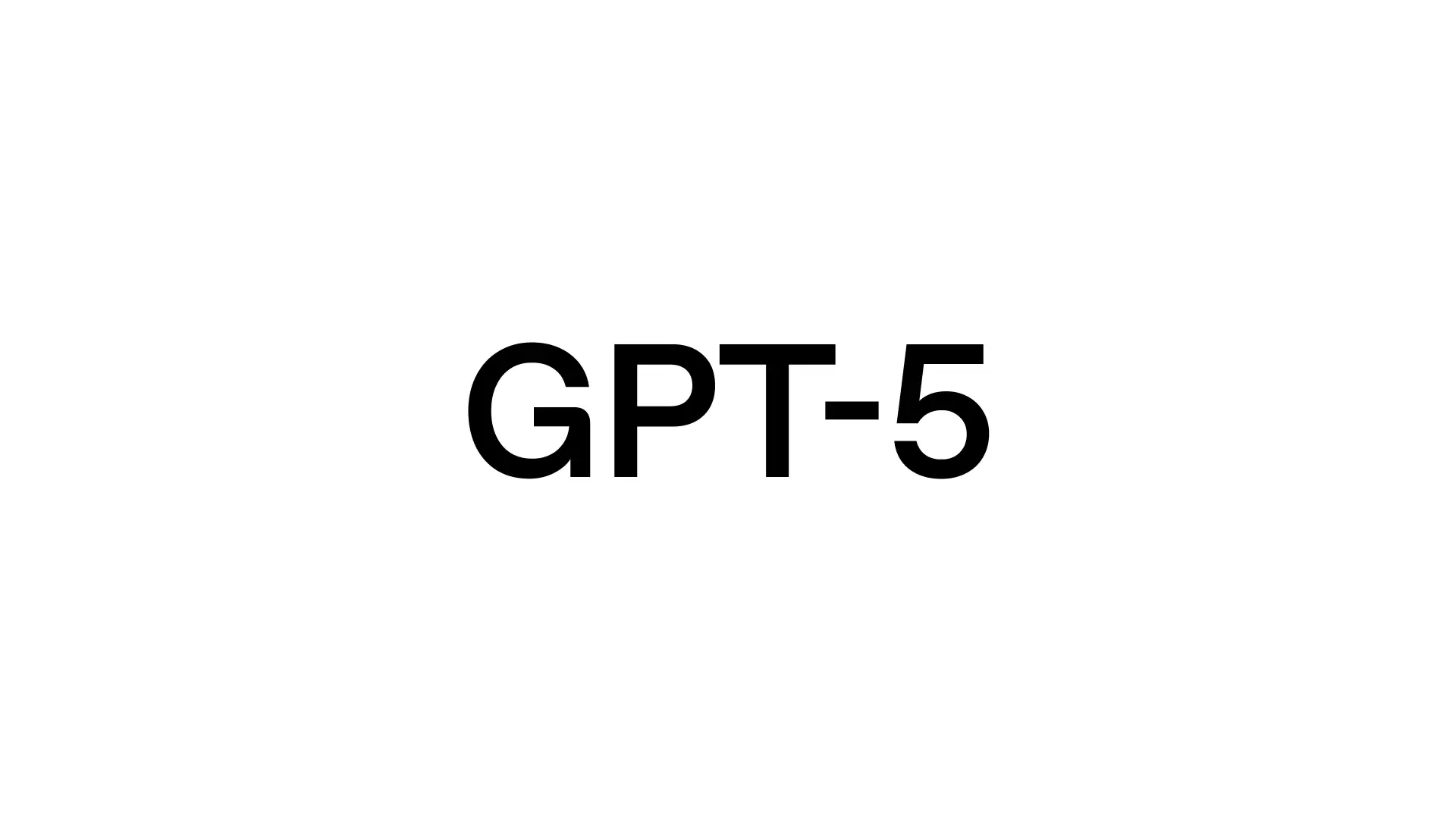As if Trump’s recent shifts in chip export policy regarding the scaled-down chip models were not enough to reopen supply to the Chinese market, after all the earlier tariffs and bans, Nvidia is now quietly developing a new AI chip for China, even as Washington continues to debate how much cutting-edge US technology Beijing should be allowed to access.
According to Nvidia’s latest statements, the chip, codenamed B30A, will be based on Nvidia’s latest Blackwell architecture and is expected to outperform the company’s current China-approved model, the H20.
Namely, the novelty comes just days after President Donald Trump weighed permitting scaled-down versions of Nvidia’s most advanced chips to be sold in China. His comments marked a potential shift in US policy, but the approval remains uncertain, with lawmakers in both parties warning that even weaker versions of top-end chips could still give Beijing an edge in the global AI race.
Technically, the B30A will be less potent than Nvidia’s flagship B300, but it retains advanced features such as high-bandwidth memory and NVLink connectivity, which are crucial for fast data processing.
Nvidia hopes to send early samples to Chinese customers next month, though final specifications have yet to be confirmed.
‘Everything we offer is with full government approval and designed for commercial use,’ the company said in a statement.
The stakes are high, as China accounted for 13% of Nvidia’s revenue last year, and losing that market could push customers toward domestic rivals like Huawei.
Analysts note that Huawei’s chips are improving, particularly in raw computing power, though they still lag in software support and memory performance, areas where Nvidia remains dominant.
At the same time, Beijing has been pushing back. Chinese experts recently raised concerns that Nvidia’s chips could pose security risks, and regulators have reportedly warned Chinese tech firms about buying the H20.
Nvidia denies any such vulnerabilities, but the warnings illustrate how political friction is weighing on commercial strategy.
Alongside the B30A, Nvidia is also preparing another chip, the RTX6000D, built for AI inference rather than training. That model has weaker specifications designed to comply with strict US export thresholds.
Nvidia plans to start shipping small batches of the RTX6000D to Chinese clients as early as September, which seems to indicate that the company is trying to balance Washington’s restrictions with the need to preserve its foothold in one of the world’s most lucrative AI markets.
Would you like to learn more about AI, tech and digital diplomacy? If so, ask our Diplo chatbot!

